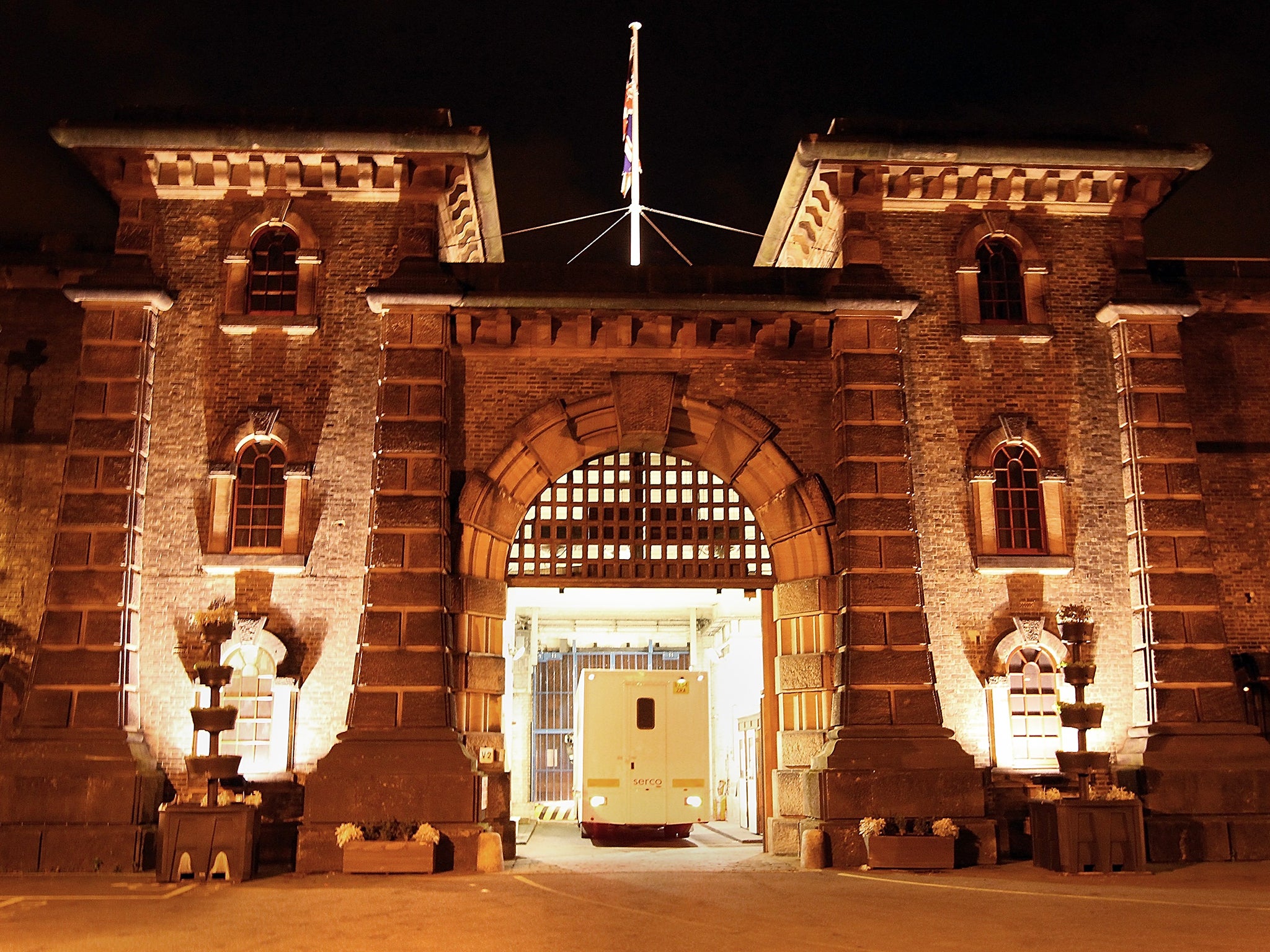The Government's commitment to prisons in the Queen's Speech is a welcome, but overdue, reform
Prisons have become “places of violence, squalor and idleness”. If this is to change, investment – in facilities and above all, in staff – will be needed

Your support helps us to tell the story
From reproductive rights to climate change to Big Tech, The Independent is on the ground when the story is developing. Whether it's investigating the financials of Elon Musk's pro-Trump PAC or producing our latest documentary, 'The A Word', which shines a light on the American women fighting for reproductive rights, we know how important it is to parse out the facts from the messaging.
At such a critical moment in US history, we need reporters on the ground. Your donation allows us to keep sending journalists to speak to both sides of the story.
The Independent is trusted by Americans across the entire political spectrum. And unlike many other quality news outlets, we choose not to lock Americans out of our reporting and analysis with paywalls. We believe quality journalism should be available to everyone, paid for by those who can afford it.
Your support makes all the difference.Prison reform is one of the great moral duties of government.
The penal systems in Britain and in developed countries around the world have changed greatly since Dostoyevsky wrote that the level of civilisation in a society can be gauged by entering its prisons. But the maxim holds true today, and much still needs to be done.
David Cameron and Justice Secretary Michael Gove’s decision to place a new Prison Reform Bill at the heart of yesterday’s Queen’s Speech is therefore welcome.
Much credit is due to Mr Gove for bringing a reforming zeal back to a Government that lost its way under former Justice Secretary Chris Grayling (the outrageous attempt to limit access to books to prisoners stands out in the memory).
Mr Gove’s vision of prisons as “places of education, work and purposeful activity” chimes with the expert view that rehabilitation, not brutalisation, is the means by which individuals who have strayed into criminality become law-abiding citizens again. It meets the moral imperative to improve their lives, and the practical imperative of cutting re-offending rates.
But haven’t we been here before? The coalition government promised a “rehabilitation revolution” in 2010 that never materialised. Since then, the Ministry of Justice has seen deep cuts to its budget and prison standards have deteriorated drastically.
The Chief Inspector of Prisons said last year that overcrowding and staff shortages had contributed to prisons becoming “places of violence, squalor and idleness”. If this is to change, investment – in facilities and above all, in staff – will be needed.
Mr Cameron and Mr Gove have to put their money where their mouth is. Our prisons may not cope with another six years of broken promises.
Join our commenting forum
Join thought-provoking conversations, follow other Independent readers and see their replies
Comments